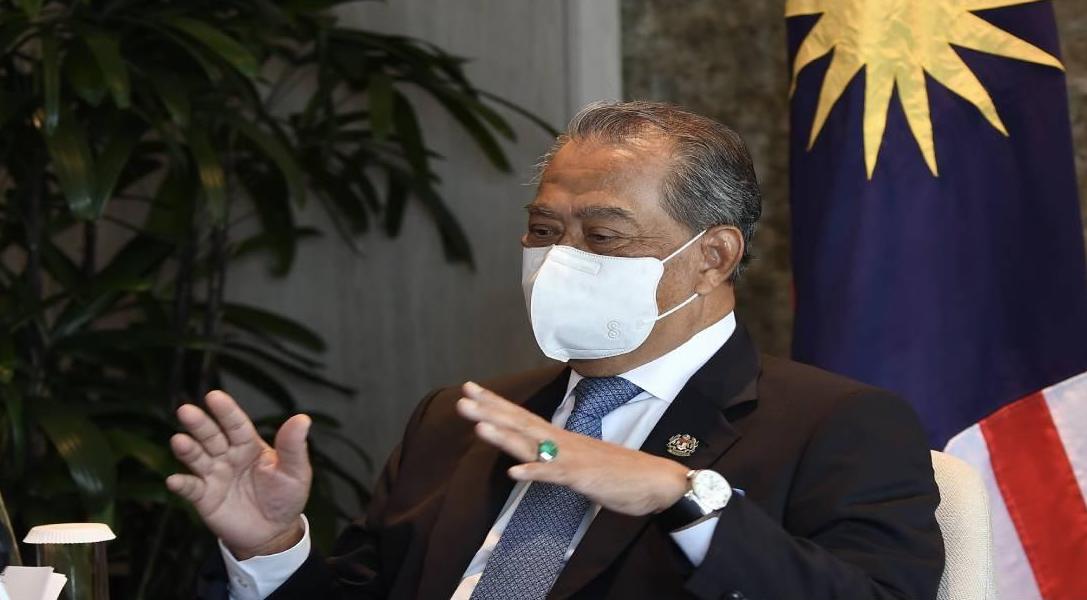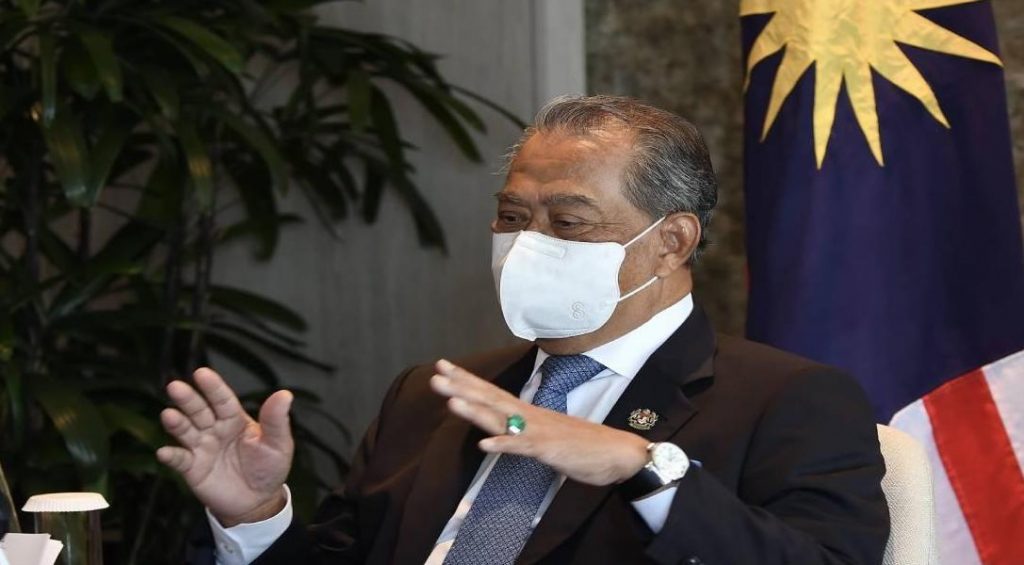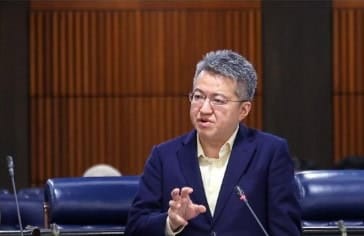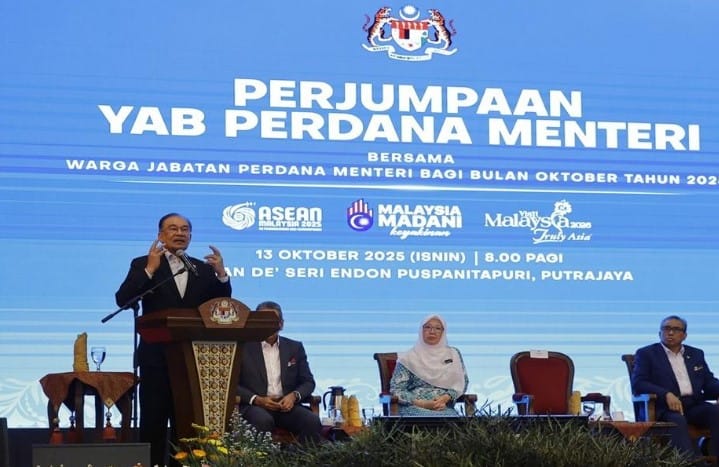
KUALA LUMPUR, Feb 8 — A brief bilateral meeting between Malaysian and Indonesian leaders witnessed a strong pledge to aggressively combat discrimination against the wonder crop by Europe, Australia, and Ocenia.
The partnership between two giants that contributed 87 percent of the global palm oil supply is crucial, especially now as both nations have sought consultations under the World Trade Organisation’s (WTO) Dispute Settlement Mechanism against the European Union (EU) for restricting palm oil-based biofuels.
For the record, Indonesia filed its request for consultations on Dec 16, 2019 while Malaysia on Jan 19, 2021. Despite the separate filings, both would join forces to fight the palm oil bias.
“This anti-palm oil discrimination campaign is baseless, does not reflect the sustainability of the palm oil industry in the world, and contradicts the commitment of EU and WTO on the free-trade practice,” Prime Minister Tan Sri Muhyiddin Yassin said after his meeting with Indonesian President Joko Widodo (Jokowi) in Jakarta on Friday.

This was Muhyiddin first official overseas visit since assuming office last year.
During a press conference, Muhyiddin said Malaysia would continue to cooperate with Indonesia on the issue of palm oil discrimination, especially on strengthening the Council of Palm Oil Producing Countries (CPOPC) to protect the palm oil industry and save millions of smallholders whose livelihood depends solely on palm oil.
The Malaysian premier arrived in Jakarta late Thursday afternoon at the invitation of Jokowi and returned on Friday.
Bernama gathered that palm oil stakeholders welcomed the move by the two governments, saying that the support and coordination by both countries via the CPOPC is essential to protect the industry from all sort of discrimination.
The CPOPC was established jointly by Malaysia and Indonesia on Nov 21, 2015 to champion issues related to the palm oil industry.
However, some industry players opined that both leaders could have deliberated more on labour issue, especially for the plantation sector as it has been a major concern for Malaysia.
The meeting between Muhyiddin and Jokowi discussed matters on the recruitment of Indonesian workers and domestic helpers in general and also touched on initiatives to safeguard the welfare and well-being of Malaysian and Indonesian fishermen in areas with maritime issues.
Unlike Indonesia, which has a large population, Malaysia has over the past few years experienced shortage of labour that it fears would not realise its potential production of up to 25 per cent.
The world second largest palm oil producer relies on workers from countries such as Indonesia and Bangladesh as they account for 84 per cent of its plantation workforce, including that of plantation giants like Sime Darby Plantation Bhd (SDP), Kuala Lumpur Kepong Bhd, IOI Corp Bhd and United Plantations Bhd.
Despite efforts to woo locals, the response remained lukewarm.
Sime Darby Plantation for example had even narrowed its search for palm oil workers to prison inmates via collaboration with the Malaysian Prisons Department to join the world’s largest plantation company.
In a statement on Saturday, chief operations services officer Adi Wira Abd Razak said SDP is calling locals to join its upstream and downstream operations by quashing the misconception about the sector being in the category of dangerous, dirty and difficult (3-D).
“It is unfortunate that over the years, we have seen a steady decline in the interest of Malaysians, especially the younger generation, in taking up the various job opportunities that are available in this industry.
“Perhaps it is due to the misconception that this is a 3-D industry. The fact of the matter is, today, this is no longer the case,” he said.
Adi Wira noted that SDP has been actively recruiting locals in the past year, hoping to see the number of local hires increasing as the future prospects of this industry are bright.
“Palm oil is such an important and valuable ingredient to the world. More than 50 per cent of all the products you see on supermarket shelves around the world contain palm oil and it is not easily replaced by alternatives,” he stressed.
SDP and the other palm oil producers are forced to embark on a more creative recruitment moves to hire the locals. Shares of SDP is trading at RM4.93 at Monday’s opening, up by 0.41 per cent.
Meanwhile, plantation companies have gone the extra miles to post online job advertisements highlighting benefits such as free housing, utilities and others in a bid to lure workers in the industry.
Perhaps, the CPOPC can also be a venue for Malaysia to discuss this matter, and giving green lights to Indonesian workers to come back in Malaysia, after a thorough COVID-19 screening.
Nevertheless, the industry is poised for a rosier outlook this year with plantation analysts forecasting higher crude palm oil prices of between RM3,000 and RM3,500 per tonne in February, in view of the projected low inventory in the country, which will take time to rebuild.





More Stories
Nation Recovers RM15.5 Billion Of Its Revenue, War Against Corruption And Cartels To Go On – Anwar
Timor-Leste To Be Made Full Member Of ASEAN On Oct 26 – PM Anwar
ASEAN Summit: Temporary And Phased Traffic Diversions From Oct 23